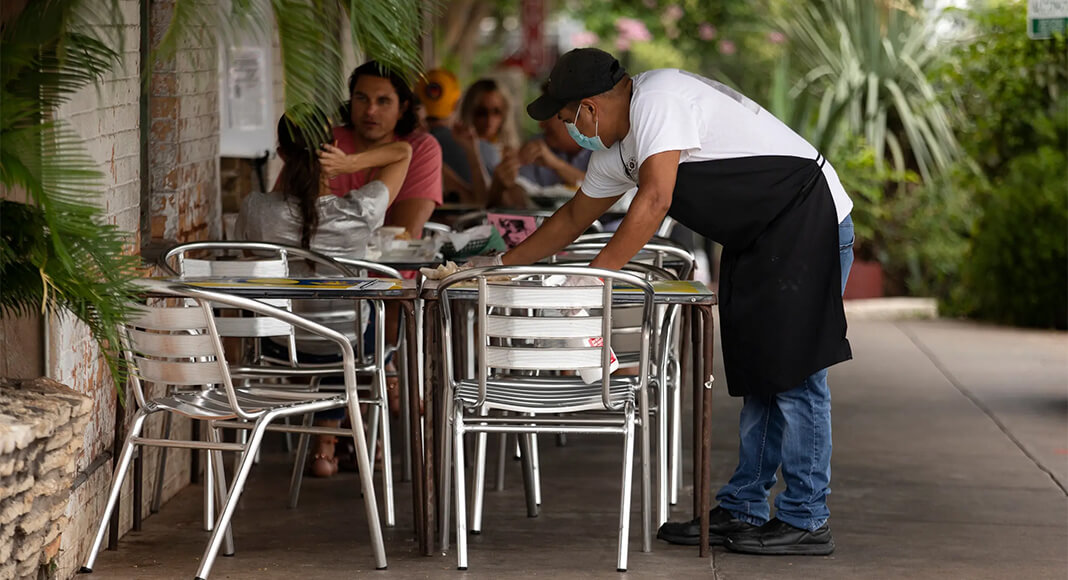
Texas Border Business
The Texas Tribune
The easing of the COVID-19 pandemic also means economic safety nets are vanishing — and Texans struggling to make ends meet may soon fall even further down a financial hole this summer. Federal unemployment benefits end for Texans on Saturday. Their electricity can be cut for nonpayment starting Tuesday. For renters, evictions will begin to proceed normally again at the end of July.
Economic circumstances for many have improved: Texas’ unemployment rate was 6.5% in May, much lower than last May’s 11.6% when some businesses began reopening after a monthlong shutdown to slow the spread of COVID-19. Still, almost three years’ worth of jobs created in Texas have been destroyed in the recession. The state’s economy has more than 400,000 fewer jobs than before the pandemic, according to seasonally adjusted state data. The pain isn’t distributed equitably.
White-collar workers could work from home and largely avoided job cuts, while workers in restaurants, bars, hotels, and businesses linked to recreation, transportation and personal care saw their jobs evaporate — and many remain financially underwater or unemployed. Read the full story by the Tribune’s Erin Douglas.













